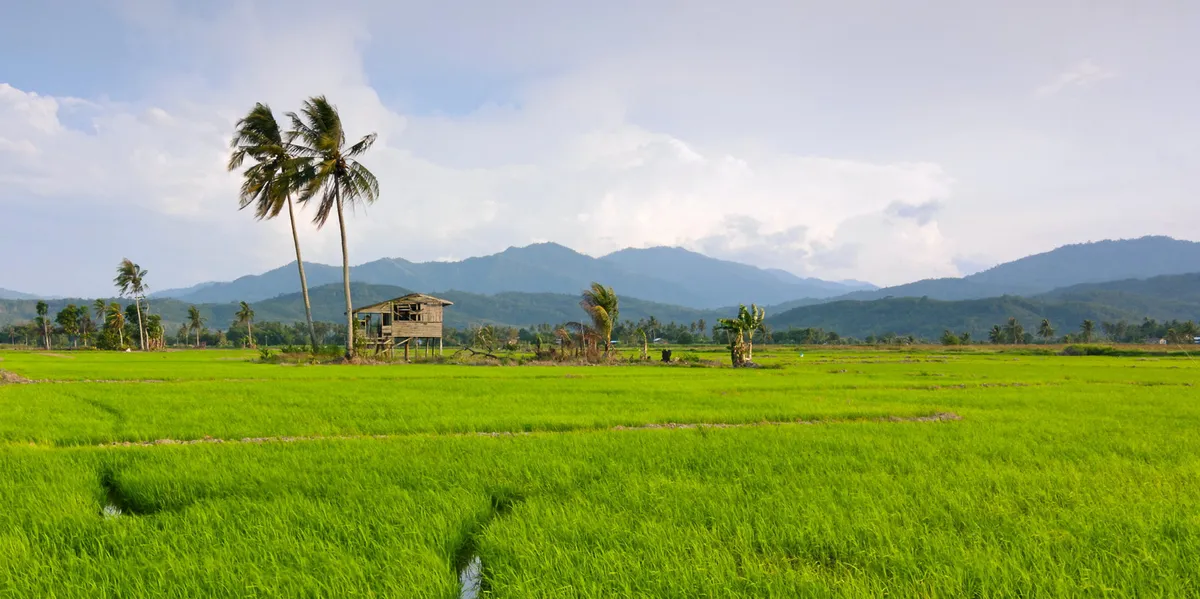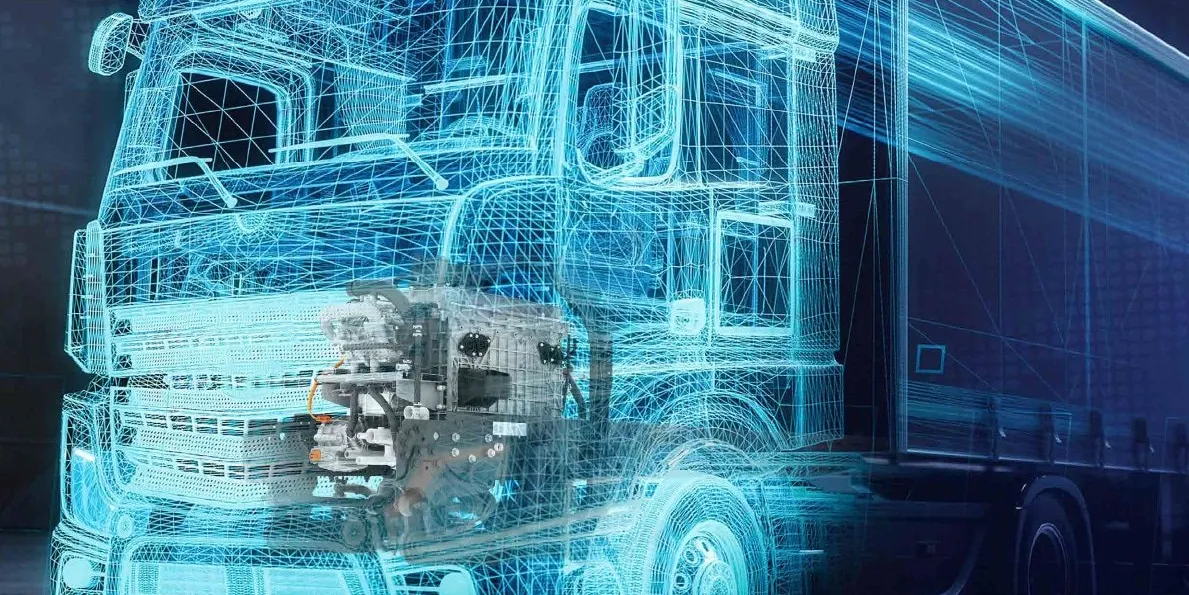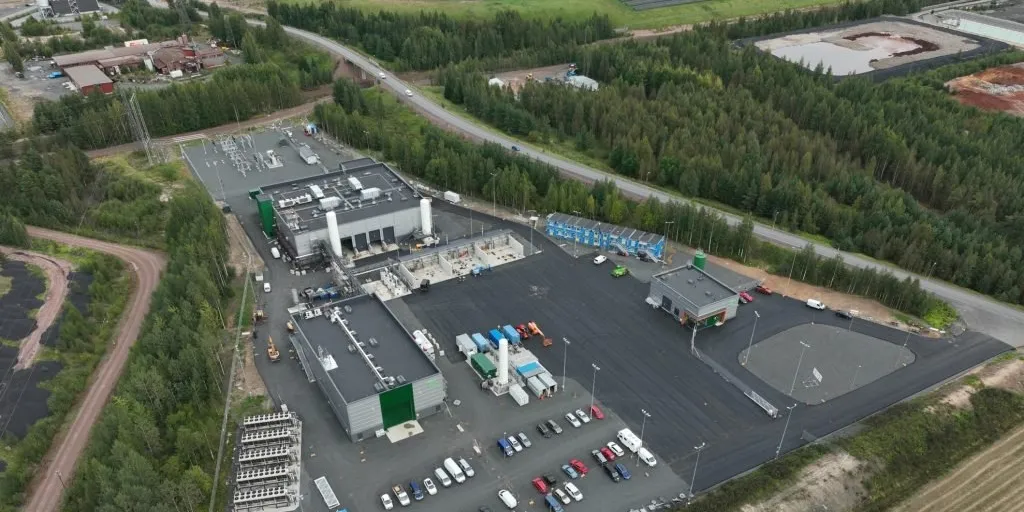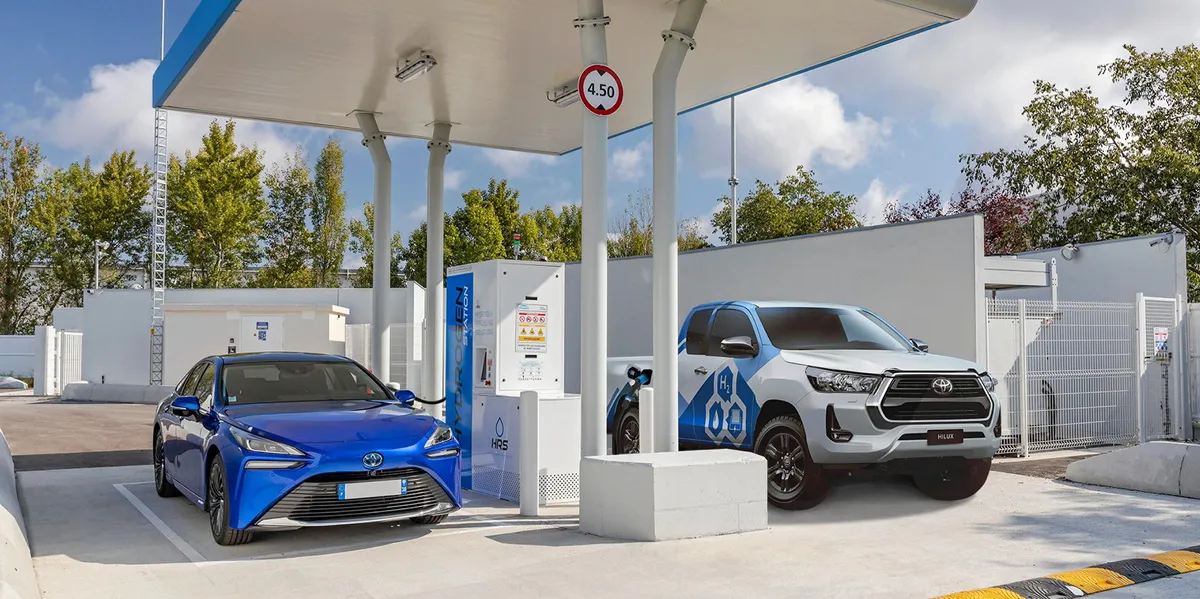
A 10GW green hydrogen hub in the Malaysian state of Sabah, on the northern tip of Borneo, has been announced by a consortium of developers and state agencies.
Property developer LBS is set to lead the project, with support from government-backed investment promoter Invest Sabah Berhad, state environmental agency Sabah Forestry Development Authority (SAFODA) and lighting supplier Midwest Green Sdn Bhd.
LBS plans to develop a site ranging from 15,000 acres to 30,000 acres in the district of Kota Marudu, building an electrolyser facility capable of producing 250,000 tonnes a year of H2 as well as a co-located green industrial park.
Unlike the neighbouring state of Sarawak, which sources most of its electricity from hydropower, Sabah depends mainly on natural gas for its grid. As such, LBS plans to build out new wind and solar capacity.
“This Kota Marudu land is uniquely positioned to support green energy generation, boasting some of the highest solar irradiance levels in Malaysia and consistent high wind speeds, ideal for renewable energy production,” the property developer noted in a press statement.
“Additionally, the site’s proximity to nearby seaports will facilitate efficient export logistics, enhancing its potential as a regional green energy hub.”
However, LBS has not given a timeline for when it expects first production of green hydrogen, nor which industries it will specifically seek to supply. The property developer has also not provided an estimate of how much the hub will cost to build.
Borneo is also seeing green hydrogen project development within the island’s other Malaysian state, Sarawak.
State-owned developer SEDC Energy is developing two large-scale production facilities at the Bintulu petrochemical industrial park, one with 150,000 tonnes a year of capacity (to be built in partnership with Korean companies Samsung Engineering, Lotte Chemical and Posco) and the other 90,000 tonnes (to be built in partnership with Japanese firms Sumitomo and Eneos).
Both projects aim to draw on hydropower, which supplies around 70% of Sarawak’s power grid. However, neither has yet reached a final investment decision.


